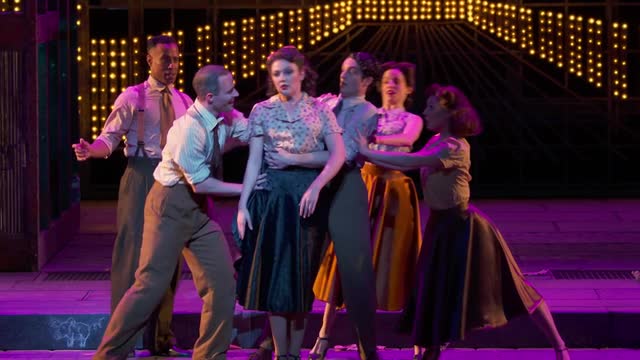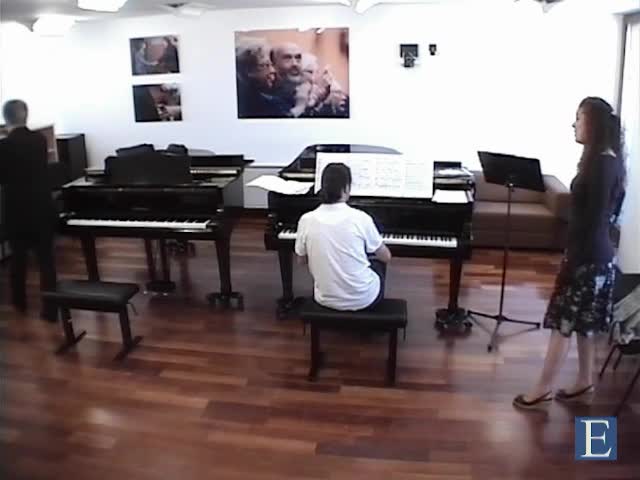Born in 1902 in Joplin, Missouri, Hughes grew up in Lawrence, Kansas. He spent a year in Lincoln, Illinois, and then attended high school in Cleveland, Ohio. In high school, between 1916 and 1920, he published verse and short stories. In the 1920s he lived in or travelled to Mexico, New York City (where he briefly attended Columbia University), Africa, France, and Italy. In New York, he helped to lead the Harlem Renaissance with two books of verse, a novel, Not Without Laughter (1930), and an essay, The Negro Artist and the Racial Mountain (1926), that became the manifesto of the younger black writers.
In the 1930s, swinging far to the left politically, he spent a year in the Soviet Union as his poetry shifted away from lyricism to propagandistic forms urging class consciousness and revolution. With the onset of World War II, however, Hughes patriotically supported the war effort and his poetry returned to earlier themes and forms. About this time he began to develop an interest in writing song lyrics. None of his songs was a huge success, but he was ready in 1946 when Kurt Weill and Elmer Rice invited him to join them as lyricist on their development of a musical version of Rice’s 1929 prizewinning play, Street Scene.
Following the success of Street Scene on Broadway in 1947, which brought Hughes the first financial windfall of his career, his work began to attract even more musicians. These included African-American composers such as Margaret Bonds and William Grant Still. Bonds set to music several of Hughes’s poems, including his signature piece from 1921, The Negro Speaks of Rivers. William Grant Still collaborated with him on the opera Troubled Island, based on a play by Hughes about the revolution that led to the foundation of the black republic of Haiti. The opera had its première, to mixed reviews, in 1949 in New York City.
White musicians also found Hughes’s words compelling. Perhaps Hughes’s closest relationship as a librettist was with the German-born immigrant composer Jan Meyerowitz. Together they worked on The Barrier, based on Hughes’s 1935 Broadway play Mulatto, a tragedy on the theme of miscegenation in the South. The Barrier enjoyed excellent reviews but then failed miserably on Broadway in 1950. Other collaborations between the two men include the opera Esther, inspired by the Bible, which was first performed in 1958 in Boston. Later, Hughes joined David Amram to produce their cantata Let Us Remember. Commissioned for a convention of Reformed Judaism, the piece was first performed in 1965 by a 150-voice chorus and the Oakland Symphony Orchestra.
Hughes was proud of these collaborations even though his main interest in music remained tied to the blues and jazz and, in the last years of his life, gospel. He virtually invented the gospel musical play, in which a limited story-line links performances of stirring gospel songs by accomplished singers. He enjoyed critical as well as commercial success with works such as The Prodigal Son and, especially, Black Nativity. The latter was perhaps conceived by Hughes as a deliberate counterpart to Gian Carlo Menotti’s own Christmas classic, Amahl and the Night Visitors.
From popular forms to the more demanding jazz and classical repertoires, Langston Hughes found inspiration in the work of musicians. He sought to learn from them and to work with them whenever he could. He himself knew little about the technical aspect of music. He could not read music, played no instrument, and could not sing in any attractive way. Nevertheless, he adored music and took pride in the fascination that his poems and plays inspired in composers and performers.
| Title | |
| WEILL, K.: Street Scene [Opera] (Teatro Real, 2018) | |

|
WEILL, K.: Street Scene [Opera] (Teatro Real, 2018)
Composer:
Weill, Kurt
Artists:
Bern, Jeni -- Bevan, Mary -- Burkhard, Richard -- Clarke, Tyler -- Fontanals-Simmons, Marta -- Greene, Eric -- Joven Coro de la Comunidad de Madrid -- Lamb, Dominic -- Madrid Teatro Real Chorus -- Madrid Teatro Real Orchestra -- Maxwell, Sarah-Marie -- Murray, Tim -- Prieto, Joel -- Racette, Patricia -- Schaufer, Lucy -- Scott, Michael James -- Szot, Paulo
Label/Producer: Bel Air Classiques |
| WEILL, K.: Street Scene: Lonely House (Masterclass with Harmut Holl) (Falcon, Cabrera) | |

|
WEILL, K.: Street Scene: Lonely House (Masterclass with Harmut Holl) (Falcon, Cabrera)
Composer:
Weill, Kurt
Artists:
Cabrera, Angel -- Falcon, Laia -- Holl, Hartmut
Label/Producer: Reina Sofía School of Music |
